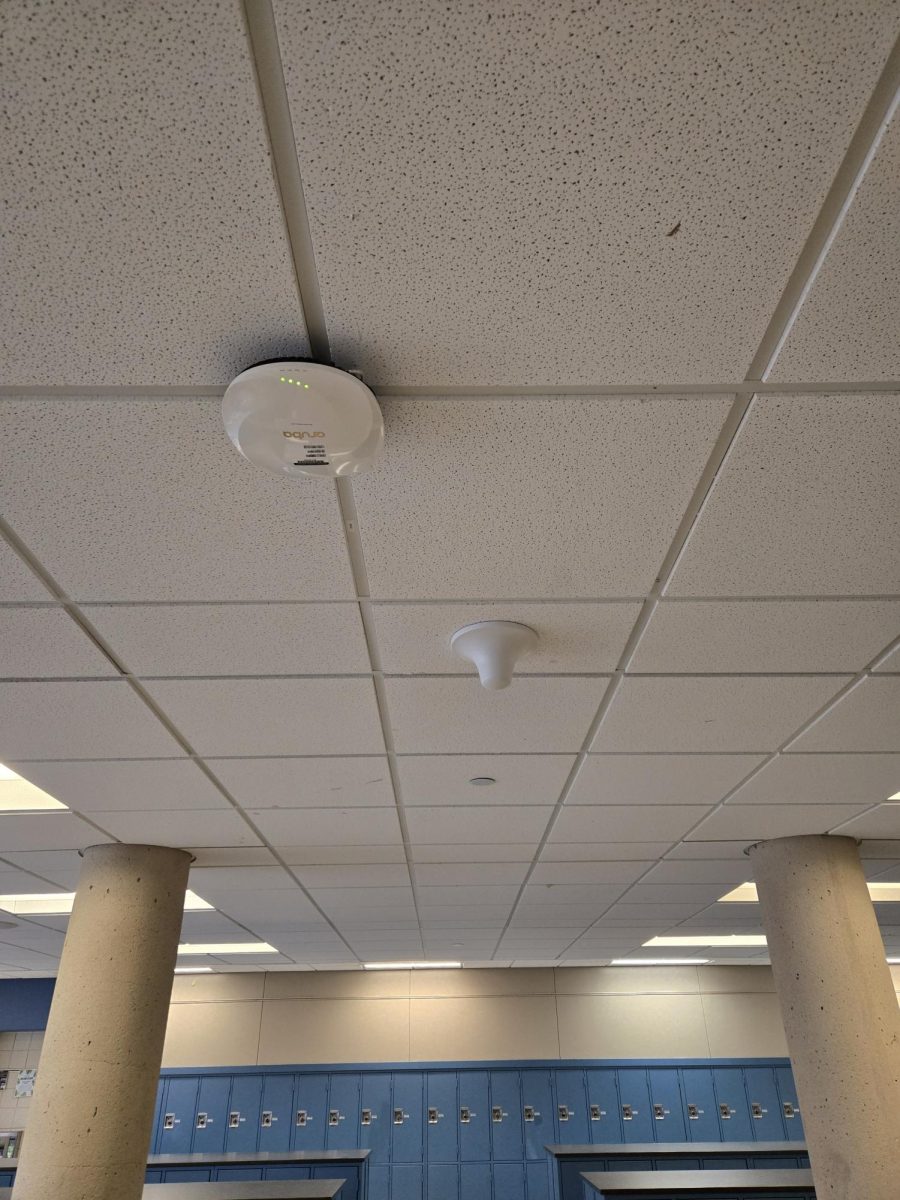“Let’s get all of the education reforms we always talked about,” Democrat Gov. John Hickenlooper shared at a press conference with high school journalists Mar. 7. And with the latest action at the Capitol, students will see new changes in their schools with the newest bills on education. If the bills pass, there could be improved conditions financially for schools and changes in sex education requirements. Also, be prepared for changes in state standardized testing.
Senate Bill 13-213: School financing
Senate Bill 13-213 states that it is “a bill for an act concerning the financing of public schools, and, in connection therewith, creating the ‘public school finance act’.” The bill changes how schools get funding from the state. Like the old bill, each school gets a base amount of money, though the amount has increased. After that, a formula determines the rest of the funding going toward the district. This bill changes the calculation of pupil enrollment by using a school’s average daily membership instead of enrollment by a specific date.
The factors taken into account in determining funding under the old bill included the cost of living, personnel and nonpersonnel costs, at-risk students, and size. These factors would negatively affect the funding of a school.

The new bill takes into account size of a district only if it has less than 4,300 students. This bill also changes the factors for determining at-risk students. An at-risk student is determined as “a pupil who is eligible for free or reduced-price lunch under federal law,” according to the bill. English language learners, who were originally part of the at-risk category, now make up their own category and affect funding for districts. Also, under the new bill, funding cannot be negatively affected like in the old act.
The bill, if passed, will still rely on the voters to agree to a tax increase. Democrat Sen. Evie Hudak (AP style) encourages students to inform their parents of the financial realities in their school. “A lot of times people are unaware of [financial] details. They’re unaware of how cramped your school might be, or how large the classes are.”
House Bill 13-1081: Comprehensive Sex Education

The goal of House Bill 13-1081 is to make sex education in schools more comprehensive. Sex education classes would be more scientifically-based than opinion-based and would be, as stated in the bill, “evidence-based, medically accurate, age-appropriate, culturally sensitive, and comprehensive.” The goal is to help teens make decisions regarding sex. The curriculum would give information suitable for lesbian, gay, bisexual, and transgender communities as well.
Democrat Rep. Millie Hamner (AP style) is an advocate for the bill. “I think about how I work with my students as a teacher. I think about how I train teachers to be better teachers and to me it’s so important to help students and help adults understand the issue,” the former teacher said at a press conference with high school journalism students on Capitol Hill March 4. “There are different ways of how we understand, and to me the highest level of understanding an issue has to do with developing understanding and empathy.”
The bill is optional. Schools and students may opt out of it. There is a small grant to help schools implement the new changes in their school.
State Standardized Testing: PARCC
Come 2015, Colorado students (as well as students from 21 other states) will be replacing TCAP and other standardized tests with the Partnership for Assessment of Readiness for College and Careers (PARCC). According to the PARCC website, “These new K-12 assessments will build a pathway to college and career readiness by the end of high school, mark students’ progress toward this goal from third grade up, and provide teachers with timely information to inform instruction and provide student support.”
The test will cover language arts and math and will be administered through a computer. Along with the PARCC, students will take a Colorado science and social studies assessment, according to the Colorado Department of Education.
The PARCC will test all grades, instead of just ninth and tenth grade. Hamner says that the point of standardized testing in the state is to look at the growth of a student and not just the flat score.
Hudak thinks “that a certain amount of testing gives us a good idea of what’s going on, but we’ve gone way overboard.”



















